Britain & Ireland 1509-1745
In this section you will find articles to help you unpick the truths from the myths of the Tudor period, examine how Cromwell took the country to war and explore how some the most important political thinkers began to shape the modern world. There is also guidance for teaching some of the information collected here to pupils and different age ranges.
Sort by:
Date (Newest first) | Title A-Z
Show:
All |
Articles |
Podcasts |
Multipage Articles
-
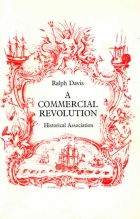
A Commercial Revolution
ArticleClick to view -

The Establishment of English Protestantism 1558-1608
ArticleClick to view -
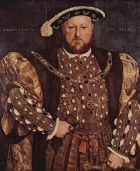
Faction in Tudor England
ArticleClick to view -
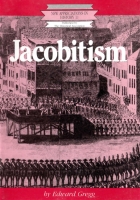
Jacobitism
ArticleClick to view -
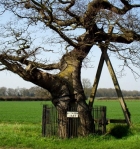
Kett's Rebellion 1549
ArticleClick to view -
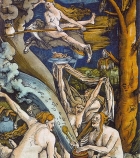
Shaping macro-analysis from micro-history
ArticleClick to view -
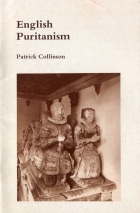
English Puritanism
ArticleClick to view -
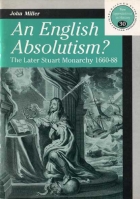
An English Absolutism?
ArticleClick to view -
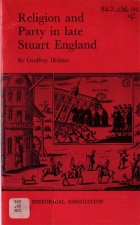
Religion and Party in Late Stuart England
ArticleClick to view -
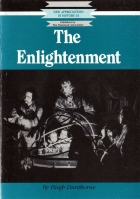
The Enlightenment
ArticleClick to view -

Northamptonshire in a Global Context
ArticleClick to view -

"Is it the Tuarts and then the Studors or the other way round?" The importance of developing a usable big picture of the past
ArticleClick to view -

A team-taught conspiracy: Year 8 are caught up in a genuine historical debate
ArticleClick to view -

Polychronicon 122: The Gunpowder Plot
ArticleClick to view -

Interpretations and history teaching
ArticleClick to view -

The Tudor Monarchy in crisis: using a historian's account to stretch the most able students in Year 8
ArticleClick to view -

Polychronicon 114: interpretations of Oliver Cromwell
ArticleClick to view -

A most horrid malicious bloody flame: using Samuel Pepys to improve Year 8 boys' historical writing
ArticleClick to view -

test201
ArticleClick to view -

Sir William Petty: Scientist, Economist, Inventor, 1623-1687
ArticleClick to view

